Carbon capture EVcar – INEOS announces the acquisition of the Eastman Texas City Site for ~$500 million 30-09-2023
Carbon capture EVcar
INEOS announces the acquisition of the Eastman Texas City Site for ~$500 million
- The deal includes the 600kt Acetic Acid plant and all associated third party activities on the site.
- Eastman and INEOS have also entered into a Memorandum of Understanding to explore options for a long-term supply agreement for vinyl acetate monomer.
- David Brooks, CEO INEOS Acetyls, comments “We are delighted to announce this strategic acquisition which will help drive our global ambitions for our Acetyls business.”INEOS has today announced it has reached an agreement with Eastman Chemical Company to purchase the Eastman Texas City site, including the 600kt Acetic Acid plant and all associated third party activities on the site, for circa $500 million.Eastman and INEOS have also entered into a Memorandum of Understanding to explore options for a long-term supply agreement for vinyl acetate monomer.David Brooks, CEO INEOS Acetyls, comments “We are delighted to announce this strategic acquisition which will help drive our global ambition for our Acetyls business. The site is ideally placed to take advantage of competitively priced feedstocks which will help support the growth of our business and sustainable future of the site.” Carbon capture EVcar
Currently INEOS licenses its leading Cativa® Acetic Acid Technology to Eastman Chemical Texas City for production of Acetic Acid at the site.
“We are happy to have reached this agreement with INEOS. They have been a strong partner with us at the Texas City site and have extensive experience and a complementary position in the acetyls space,” said Erwin Dijkman, Division President, Chemical Intermediates.
“Our Texas City Operations is an attractive site with an incredible team of people, and we are pleased that INEOS plans to further invest in and grow the site. We look forward to working closely with INEOS as we prepare for a seamless transition later this year, and longer-term as operators of our plasticizer assets at the site.” Carbon capture EVcar
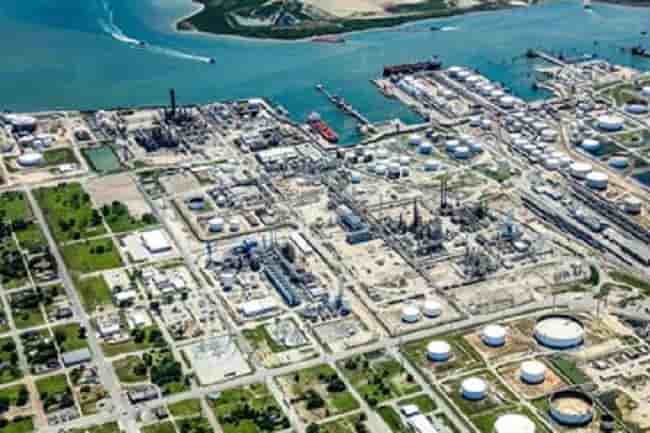
UPM selects Brenntag as sole European distributor of its new bio-based MEG
UPM Biochemicals announced today that it has selected Brenntag SE, the global market leader in chemicals and ingredients distribution, as sole distributor of its sustainable bio-monoethylene glycol (BioMEG) UPM BioPura™ in Europe. The new distribution agreement will bring UPM BioPura™ to market, unlocking further commercial opportunities, while accelerating the introduction of sustainable forest-sourced materials into the chemical sector.
UPM Biochemicals is committed to the sustainable transformation of the chemical industry and is actively engaging with industry partners like Brenntag to enable its acceleration.
By reducing its dependency on fossil-based materials and transitioning to a more circular, low emission operating model, the chemical industry can become a key enabler in the transformation to a net zero circular economy. Carbon capture EVcar
“As we evaluated potential partners, we were convinced by Brenntag’s strong distribution network across Europe, as well as its commitment to engage in evolving the chemical industry’s sustainability performance,” explained Michael Duetsch, Vice President Biochemicals at UPM. “Brenntag has demonstrated that they can market, deliver, and promote the advantages of more sustainable solutions.
This partnership confirms the attractiveness of our portfolio and is a strong push for the commercialization of our first-of-its-kind biorefinery in Leuna, Germany.“
UPM invests EUR 1,180 million to build the world’s first industrial scale biorefinery in Leuna, Germany, where sustainably sourced, certified hardwood will be converted into next generation biochemicals that will enable the vital shift away from fossil-based to renewable materials across a wide range of industries. The Leuna biorefinery is part of a broader growth area, UPM Biorefining, focused on scaling refineries producing a variety of renewable fuels and chemicals made from sustainable biomass.
UPM has already signed multiple distribution agreements in the past year to market UPM BioMotion™ Renewable Functional Fillers (RFF), another product within the innovative new category of bio-based products. Carbon capture EVcar
UPM BioPura™ will be produced from certified hardwood obtained from regional forests around Leuna. The biomass does not compete with food resources and will provide manufacturers with a viable option to progress towards their net zero targets and significantly reduce their scope 3 emissions* by switching effortlessly from fossil-based ingredients to a renewable, drop-in solution.
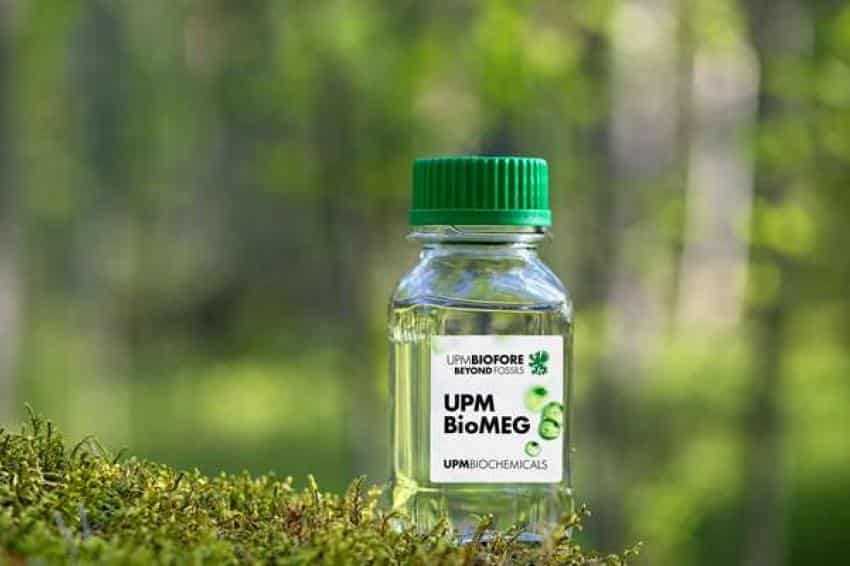
Michelin completes the acquisition of Flex Composite Group and creates a leader in high-tech engineered fabrics and films
Michelin completed today the acquisition of Flex Composite Group, under the terms announced on June 19, 2023 and after obtaining all of the necessary approvals for the transaction.
Michelin completed today the acquisition of Flex Composite Group, under the terms announced on June 19, 2023 and after obtaining all of the necessary approvals for the transaction. Carbon capture EVcar
Michelin and FCG have thus created a leader in high-tech engineered fabrics and films. This acquisition is part of the Michelin in Motion 2030 strategy and marks a significant step forward in the development of the Group’s polymer composites activities. The new entity will leverage Michelin’s unrivalled innovation and R&D capabilities, and benefit from FCG’s advanced customers intimacy and industrial process expertise.
FCG is a European leader in engineered fabrics and films with applications in highly technical markets such as marine, supercars & electric vehicles, sports, or construction. FCG masters a wide range of polymer composite solutions, adjacent to those already developed by Michelin.
The company has 400 employees. It primarily operates in Europe, in fast-growing markets with strong demand dynamics catering to high-end customers. In 2022 FCG reported €202 million revenue. Over the 2015-2022 period, the company achieved average organic growth of 11%, with an EBITDA margin of 25 – 30%. Carbon capture EVcar
Key highlights of the transaction:
- Creating a leader in high-tech engineered fabrics and films, increasing by c. 20% the revenue of Michelin’s High-Tech Materials activities.
- An important step in developing Michelin beyond mobility and positioning the Group as a key player in polymer composite solutions, in line with its Michelin in Motion2030
- Leveraging both companies’ distinctive capabilities to unlock deep-innovation synergies in a broad range of products and applications.
- Improved Michelin’s growth profile, margin accretive transaction for the Group and the Specialty segment, positive cash generation and EPS impact.
- Acquisition financed with available cash, preserving Michelin’s strong financial position. Carbon capture EVcar
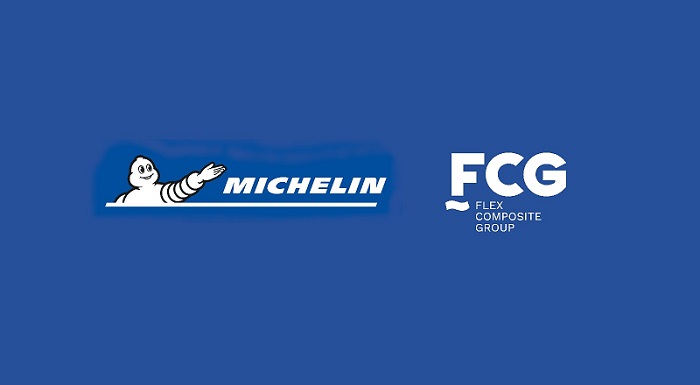
Spinning At ITMA 2023 – An Economic View
Recent innovations in the spinning sector focus on automation and process integration, higher efficiencies and better controls with remote access.
“Cautiously moving forward” appears to be the overarching motto of the spinning sector at ITMA 2023 held recently in Milan, Italy. Of course there were some technical advances on display, but economically speaking, no new innovations that completely shake up existing business models. Some of the incremental investments1 of the 1980s are coming back to mind. Incremental investments allow textile manufacturers to utilize new or improved technologies without having to completely replace existing equipment. This conserves financial resources, which is relevant in uncertain economic times, as well as during times when technological directions are not yet clear.
The theme of economic uncertainty was definitely visible and frequently mentioned in many conversations during ITMA. Carbon capture EVcar
Many machine manufacturers as well as their clients still mentioned “surviving COVID” in the post-COVID times. Economic activity is still reduced, and survival is simply more important than innovation, or at least more imminent. For equipment producers, just like for their clients, raw material prices have been very volatile and considerably higher than five years ago2.
These kinds of cost increases impact machine prices, thus changing the cost/benefit analysis for new equipment and new technologies.
Similar price increases and volatilities have taken place in raw materials for yarn producers — in cotton and polyester2 prices, for example — making long-term decisions like the purchase of new spinning equipment extremely difficult.
Additionally, like for most other industries, a lot of technological innovation is happening in the integration, control and coordination of textile processes.
This upgrade requires computing equipment and semiconductors — items that are still in supply chain recovery mode since 2018. Shortages in some cases lead to “allocation” of equipment to existing or strategic customers only, most definitely not a desirable situation for the industry. Carbon capture EVcar
Some themes do emerge in the technology directions despite this economic backdrop.
Process Integration
Most of the equipment manufacturers at ITMA showed very sophisticated programs that monitor, control, optimize, and integrate processes within and between plants. Cloud computing, remote access and control, and a plethora of data analyses was shown by most of the companies at ITMA. Software programs are key to efficient plant management, and exhibitors integrate maintenance and spare part businesses into their plant management toolboxes. While spare parts have always been an important business component, today these services are strongly promoted, showing how much more important they have become to the suppliers. Carbon capture EVcar
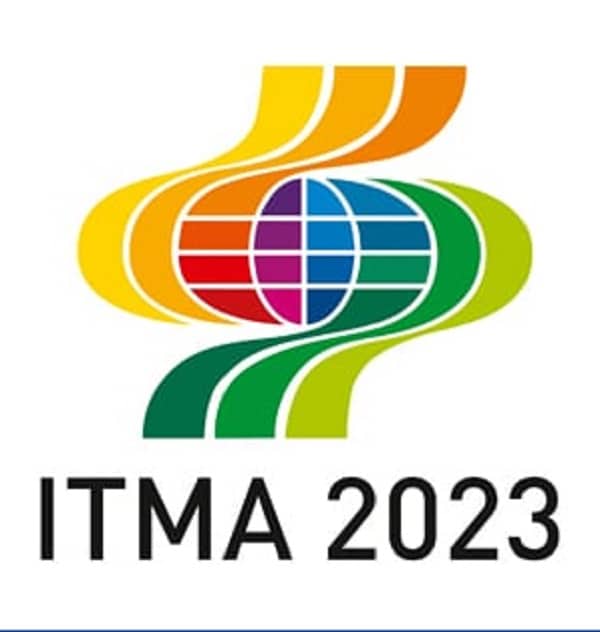
The Growing EV Battery Market: Trends, Drivers, and Challenges
The EV Battery Market is projected to grow at a CAGR of +16.5% and reach a value of USD 67.7 billion by 2026. As the world shifts towards cleaner energy and reduced carbon emissions, the EV battery market has become a pivotal player in reshaping the automotive industry. This article explores the latest trends and drivers in the EV battery market, as well as the challenges it faces and the regulatory and legal issues that shape its trajectory.
One of the key trends in the EV battery market is the dominance of lithium-ion batteries due to their high energy density and long cycle life.
Ongoing research aims to enhance their performance and reduce costs, making them even more appealing. Additionally, solid-state batteries represent the future of EVs, promising increased energy density, faster charging times, and improved safety. Carbon capture EVcar
Sustainability is another important trend in the EV battery market, driven by eco-conscious consumers. Companies are investing in greener battery production methods and closed-loop recycling systems to meet the growing demand for sustainable battery materials and recycling solutions.
Advances in battery technology are extending the driving range of EVs, alleviating range anxiety and making them more attractive to a broader audience.
EV batteries are also being used for grid energy storage, contributing to a more stable and sustainable energy ecosystem.
There are several drivers of growth in the EV battery market. Government incentives, subsidies, and tax breaks offered worldwide are promoting EV adoption and spurring market growth. Carbon capture EVcar
Growing environmental awareness and stringent emission regulations are pushing automakers to accelerate the shift to electric vehicles. The expansion of EV charging networks is eliminating barriers to EV adoption and boosting consumer confidence. Continuous innovation in battery technology is lowering costs, improving efficiency, and making EVs more accessible to the masses.
The EV battery market also presents opportunities and threats. Emerging markets offer immense growth potential as they invest in sustainable transportation solutions. Battery manufacturers can explore new markets beyond automotive, such as energy storage for renewables and consumer electronics. Carbon capture EVcar
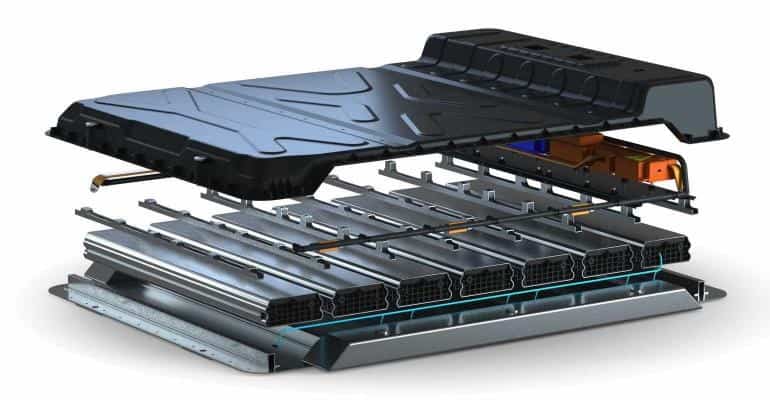
Honeywell and SK E&S to collaborate on carbon capture projects
Honeywell International Inc. (Charlotte, N.C.) recently announced a collaboration with SK E&S, an affiliate of Korean conglomerate SK Group, to deploy Honeywell carbon capture technology to help enable SK to accelerate the energy transition in Korea and other parts of Southeast Asia.
SK and Honeywell are deploying Honeywell UOP’s Advanced Solvent Carbon Capture (ASCC) system at a SK E&S natural gas power plant to showcase carbon capture’s vital role in decarbonizing hard-to-abate industries such as power generation, steel, cement, and petrochemicals. Honeywell’s technology is a key element to SK E&S’s pursuit to build a portfolio of sustainable solutions to provide to its customers as it becomes an early mover in sustainability in Korea. Carbon capture EVcar
Honeywell’s Advanced Solvent Carbon Capture technology is specifically designed for post-combustion flue gas applications, enabling greater than 95 percent carbon dioxide (CO2) capture.1
This technology can be retrofitted within existing plants or included as part of a new installation.
“Joining efforts in Korea to deploy Honeywell Advanced Solvent Carbon Capture technology will further complement SK E&S portfolio of end-to-end environmentally friendly solutions to decarbonize both SK E&S’ assets and in the future our customers’ assets, as we aim to be a leader in decarbonizing Korea and Southeast Asia,” said TB Cha, Head of Net Zero Technology Center at SK E&S. “We look forward to collaborating with Honeywell to demonstrate a competitive and reliable post-combustion capture system for broad deployment.” Carbon capture EVcar
“Working with SK E&S will demonstrate Honeywell’s ready now ASCC technology to help decarbonize fossil-fuel power generation, which is an essential component of the overall energy transition,” said Barry Glickman, vice president and general manager, Honeywell Sustainable Technology Solutions. “This collaboration is a key milestone in demonstrating post-combustion capture technology in natural gas power plant applications, allowing Honeywell to showcase its advanced technology and modular equipment supply capabilities.”

Mergers: Commission clears acquisition of Novamont by Versalis
The European Commission has approved, under the EU Merger Regulation, the acquisition of sole control of Novamont S.p.A. by Versalis S.p.A., both of Italy.
The transaction relates primarily to the market of bioproducts and biochemicals from renewable resources.
The Commission concluded that the notified transaction would not raise competition concerns, given the companies’ limited combined market position resulting from the proposed transaction. The transaction was examined under the normal merger review procedure. Carbon capture EVcar
More information is available on the Commission’s competition website, in the public case register under the case number M.11150.
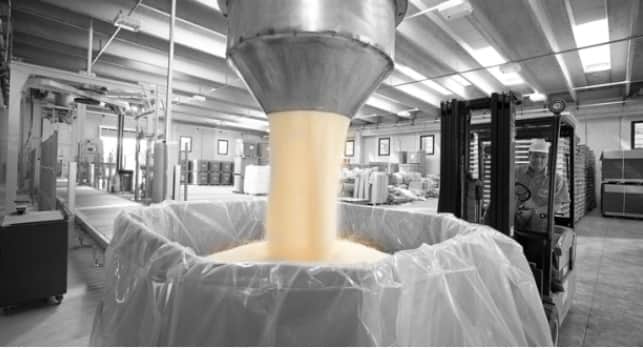
Plastic-eating bacteria – The case for chemical recycling and mass balance accounting 29-09-2023
Carbon capture EVcar
